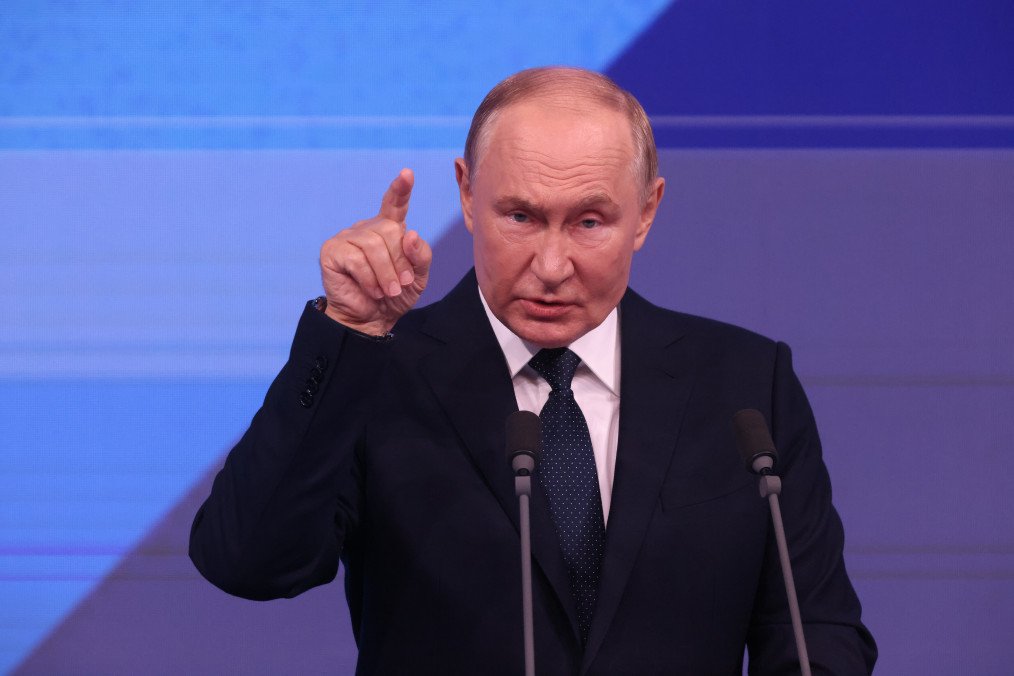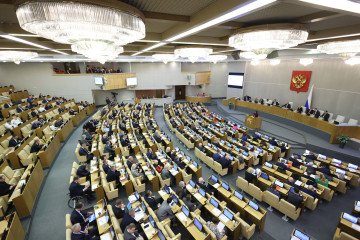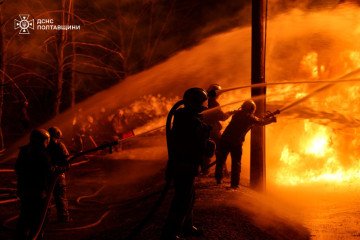While Ukrainian President Volodymyr Zelenskyy’s “victory plan” has not yet been made public, his message remains clear: only a strong Ukraine can bring Russia to the negotiating table. As long as Putin believes he can wear down Western support for Ukraine, the war will continue, Bloomberg reported on September 30.
Russia’s war in Ukraine has led to mass destruction, global shortages of essential supplies, and geopolitical instability, pushing tensions between East and West to their highest point since the Cold War. In this context, a ceasefire might appear to be an option, according to Bloomberg.
However, Bloomberg says that it is crucial to remember that Putin’s terms for negotiations he occasionaly dictated — complete Ukrainian neutrality, abandonment of NATO aspirations, full annexation of four Ukrainian regions and Crimea, along with Russia’s shift to a war economy and endless supplies of weapons from its allies—reveal that his interest in peace is purely tactical. His ultimate goal remains turning Ukraine into a Russian puppet state.
Bloomberg writes, that this “truce” will help Russia’s military to recruit replacements for the estimated 30,000 soldiers it is losing each month, organize a new mobilization effort, address operational failures, and refill the weapons stockpiles. Putin would likely use such a truce to prepare for further attacks, as he has done in the past, including after the 2014 invasion of Ukraine.
Adding to the risk, a pause could weaken international support for Ukraine, making it more difficult for Kyiv to defend itself against a resurgent Russia. Many Western allies are already seeking reasons to redirect funds from Ukraine to domestic priorities. For example, Germany is planning significant cuts in aid to Ukraine in next year’s budget. A cessation of hostilities could provide a convenient justification for such actions.
Bloomberg reported that Putin is betting that Western support for Ukraine will wane, the Russian public will remain passive, and his military can sustain the fight. A poorly timed cease-fire could make these assumptions more likely to come true, leaving both Ukraine and the West in a weaker position when hostilities resume.
Bloomberg writes that to prevent this, the US and its allies must ensure Ukraine enters any negotiations with maximum leverage. Cutting aid now would not end the conflict—it would embolden Putin. Instead, the West should continue boosting Ukraine, increase ammunition and weapons supplies, and lift restrictions on Western long-range missile use.
Additionally, the allies must agree on a credible security guarantee for Ukraine. While NATO is hesitant to provide full protection to a non-member state, some form of collective pledge to defend Ukrainian-held areas should be considered to deter future Russian assaults.
Bloomberg pointed on Putin’s history of violating agreements and breaking truces when it suits his strategic goals, any cease-fire without proper safeguards would likely extend the conflict, worsen conditions for ordinary Ukrainians, and undermine global security.





-c439b7bd9030ecf9d5a4287dc361ba31.jpg)
-ccd703f0ec8f9ccb33d0d64ff2e37092.jpg)
